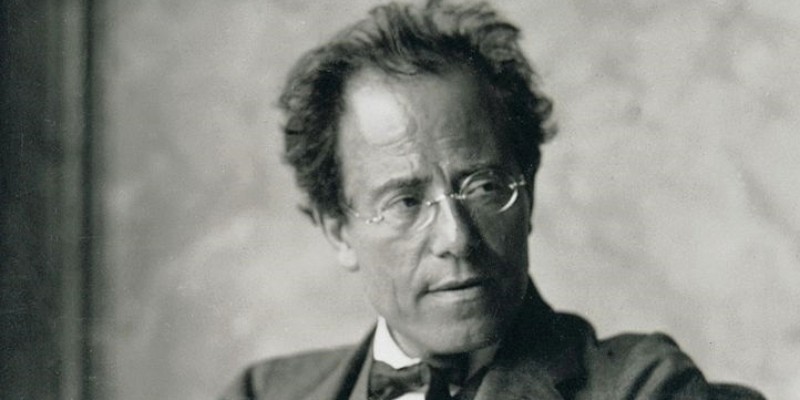Mahler is one of music’s great synthesisers, as he brings together elements from a huge range of sources: folksongs, street-ditties, barrel-organ tunes, crude military marches, Biergarten waltzes rub shoulders with noble chorales and melodies whose grace and warm intensity recall Schubert or Schumann. Gustav Mahler (1860-1911) was a late Romantic composer, as well as one of the most prominent conductors of his generation. Best known for his nine finished symphonies, Mahler is a hugely important connection between the 19th-century Austro-German tradition of Beethoven and Brahms, and the early 20th-century modernism of Schoenberg and others. For most of his career Mahler was widely known, not as a composer, but as a great conductor who also happened to compose. He was often accused of being absurdly extravagant, morbid, self-indulgent, unable to discriminate between the sublime and the ridiculous, and worst of all, derivative.
He was often accused of being absurdly extravagant, morbid, self-indulgent, unable to discriminate between the sublime and the ridiculous, and worst of all, derivative.










